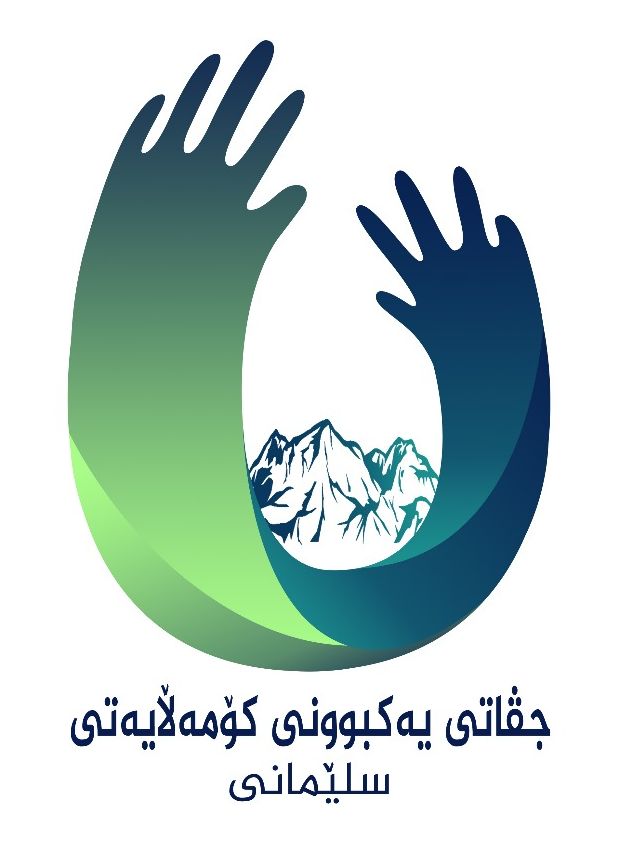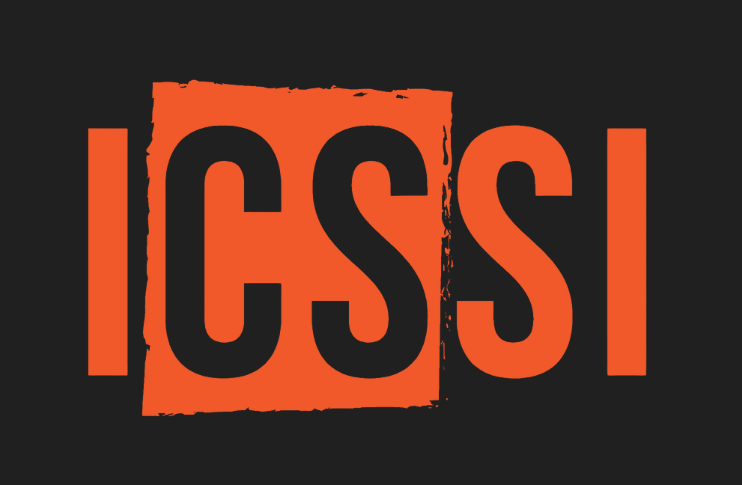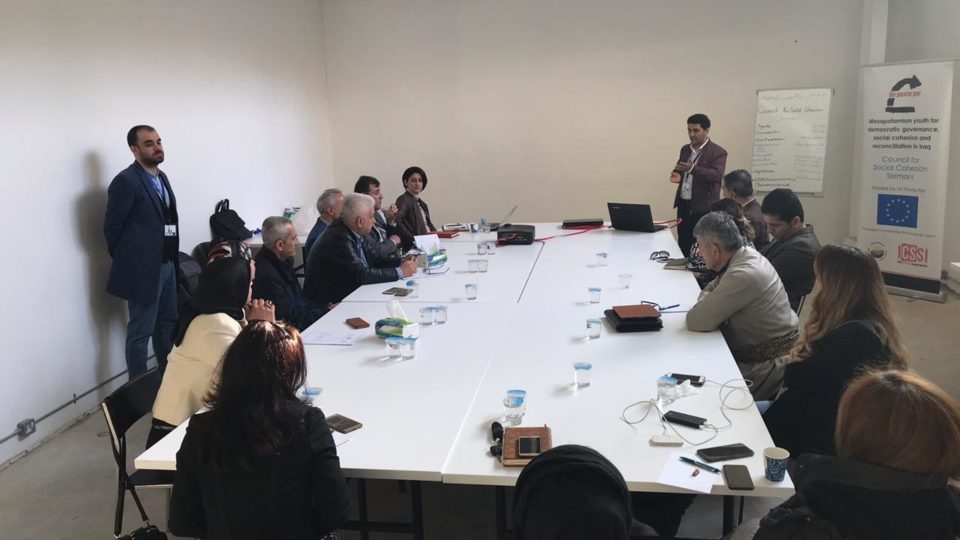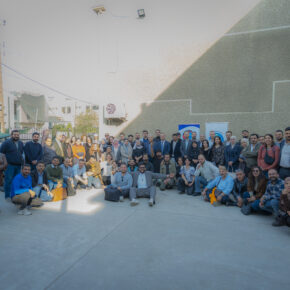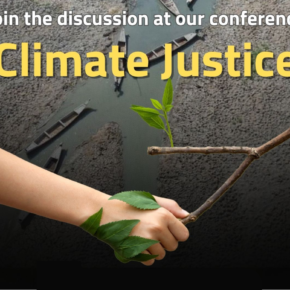Council for Social Cohesion in Sulaimania Addresses Medical Waste Problem in the City
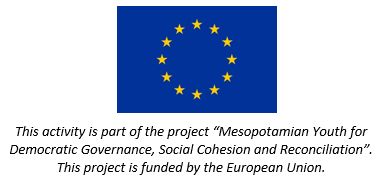
In the past months the Social Cohesion Council in the city of Sulaimania has established itself as a valuable civil society space for dialogue, consisting of men and women of all ages, various professions from doctors and lawyers to journalists and students, from the local community. The goal of the council is to address important issues in Sulaimania city with local authorities. One of the first subjects the council touched upon is water and environment with the goal to advance a solution for a particular environmental issue in the city.
With the assistance of the working group on water rights the council was introduced to the recent work of Waterkeepers and other environmental groups in the region and some of the main environmental problems in Sulaimania today. After a discussion and brainstorming session, the council decided to work on medical waste, which is casted illegally in rivers and landfills. The council decided to collect evidence of medical waste dumping from various locations; public and private hospitals, private clinics, medical laboratories and the college of veterinary at the University of Sulaimani. Often regular waste is not segregated from medical waste. Videos and pictures were collected to document the violations of public health, including which places the medical wastes are burned and which landfills they end up. One of the members of the council who had followed garbage trucks that mix household waste with medical waste found out that in exchange for a sum of money, garbage collectors throw medical waste of certain private medical institutes into the trucks assigned to collect only household waste, to be dumped in Tanjero area. Legal consultation was provided by council members with a legal background and a report was prepared.
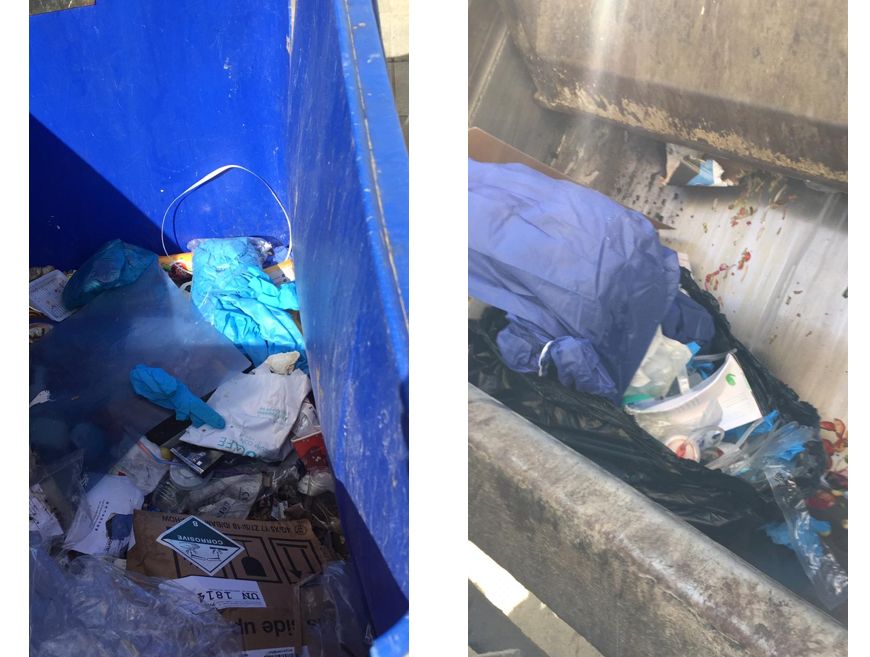
To follow-up, the council organized a roundtable with some relevant representatives from local authorities. Invited were the Sulaimania Healthcare Department, Sulaimania Infection Control Department, Sulaimania Environment Department, Sulaymaniyah Governorate Provincial Council and the Garbage Truck Companies (which form a department within the Municipality of Sulaimania). The council presented its evidence to the authorities and they were offered the opportunity to comment. Sulaimania Infection Control admitted the issue is real but has not been addressed due to bureaucracy in the Council of Ministers. A profound discussion followed between the representatives of local authorities, and they admitted that the illegal dumping of medical waste is not addressed due to private interests of some powerful individuals who run the hospitals. The authorities promised to give full support to the address the issue at the highest levels.
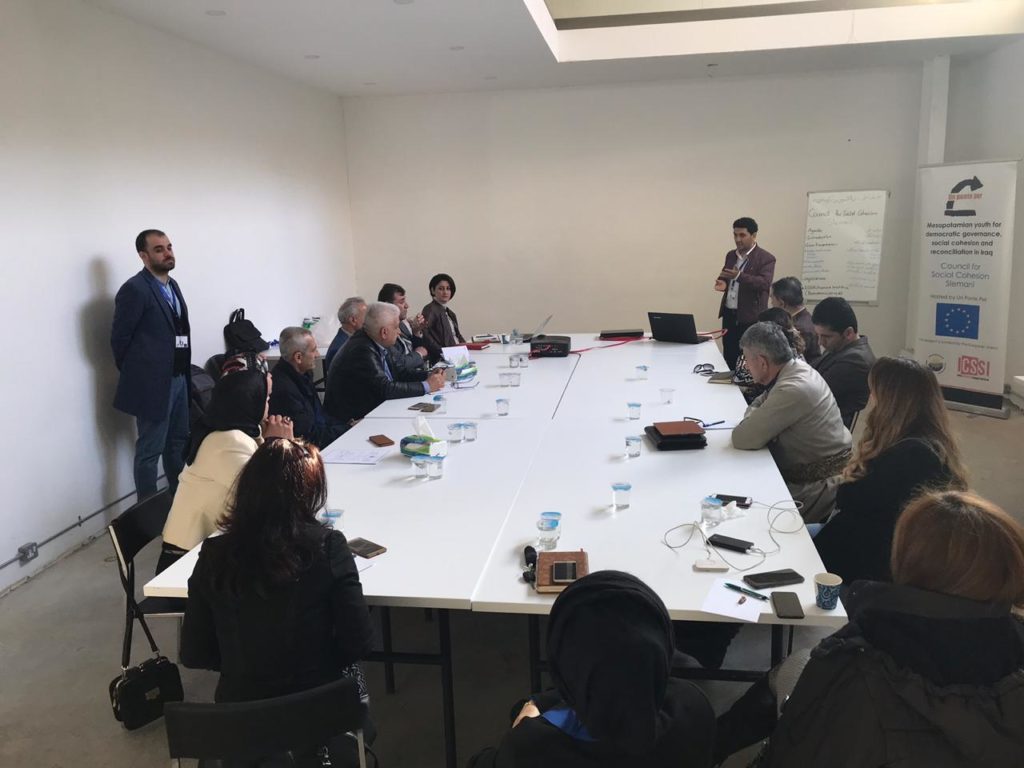
To followup, the Sulaimania Infection Control Department arranged a meeting of the council with the Ministry of Health in Erbil, which was followed by a second meeting which included in addition the Infection Control Departments of Erbil and Dohuk, including the supervisors of various private hospitals. The issue of illegal dumping of medical waste by private hospitals was presented. The governorates of Erbil and Dohuk admitted they face similar issues. Consequently, a proposal was developed for the Ministry of Health to collect and dispose the medical waste of private hospitals charged at 3000 IQD per kilo. Hospitals which dispose their medical waste legally will be exempted from this charge. This draft proposal was sent to the Council of Ministers.
The first issue addressed by the Council for Social Cohesion in Sulaimania lead to very tangible results, a great achievement for a new initiative. Next topic the council will work on is social media and hate speech. To be continued.
